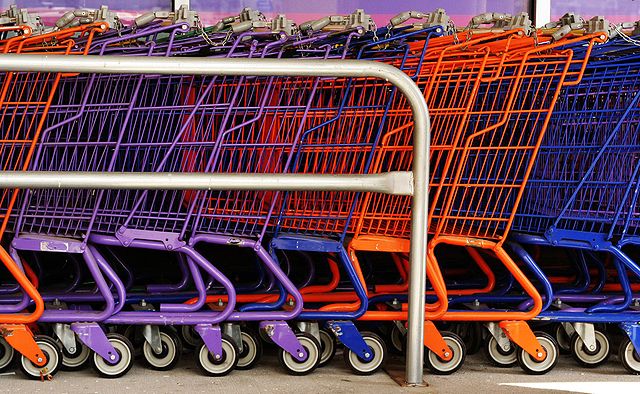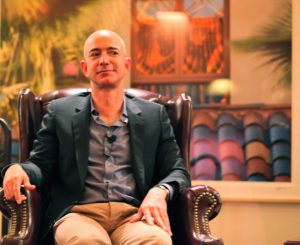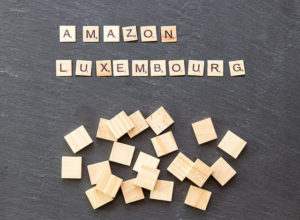
Jim
Since 2015 Amazon has been working on providing customers with a fun visit to the grocery store that leaves out entirely the waiting online and bagging of groceries at the checkout. Now the dream is finally a reality.
In Woodland Hills, a suburb of Los Angeles, customers with Amazon accounts use their smartphones to sign in to use “Dash Carts,” high-tech shopping carts equipped with sensors and cameras with computer vision, and a built-in scale to weigh produce. All the technology is cleverly hidden, so customers feel like they are just shopping, and not part of a sci-fi experiment.
The Dash Cart also has a scanner for coupons, and a display that shows what is in the cart and how much it all will cost when you finally “Just Walk Out.” Removing an item placed in the cart is automatically accounted for in the total, as are the items added to the cart. Not needing to check-out when customers are done shopping also allows them to bag their purchases as they shop.
When it is time to leave, shoppers exit the store vie the Dash Cart lane. Amazon then automatically charges the credit card that is linked to their Amazon account. Receipts are sent via email.
Amazon has been experimenting with the technology at their “Amazon Go” stores, where take-out meals and snacks can be purchased without bothering about a cashier. But the sheer scale of Amazon’s “Just Walk Out” grocery stores makes this a milestone for the company.
“You need to be able to add that and keep track of all of that and it just increases the complexity,” Dilip Kumar, Amazon’s vice president of physical retail and technology, said. “Plus, the weighing component of it also has to be very robust to be able to allow for a very accurate receipt experience for a customer.”

